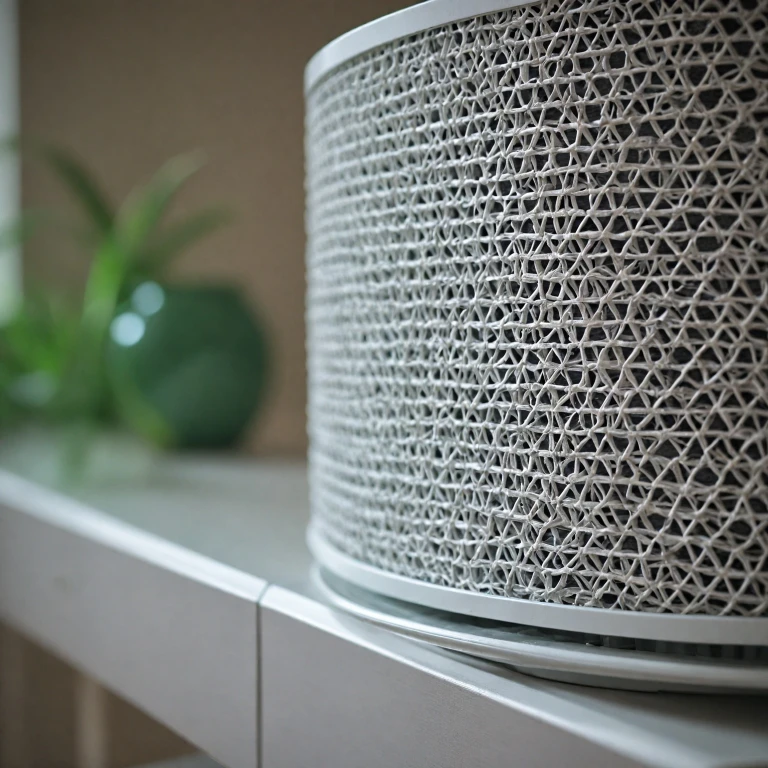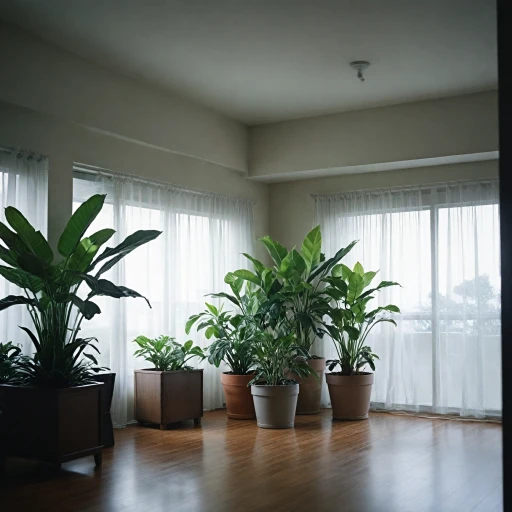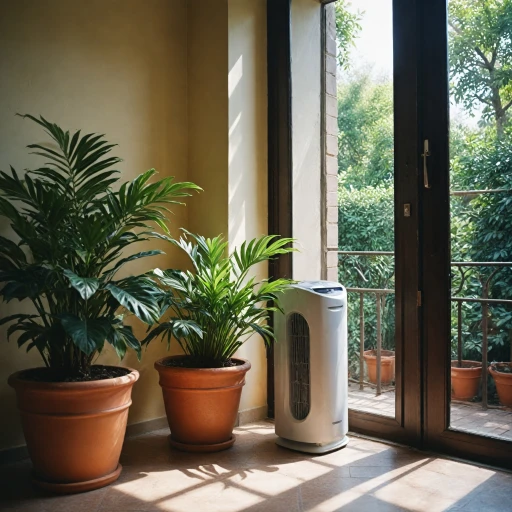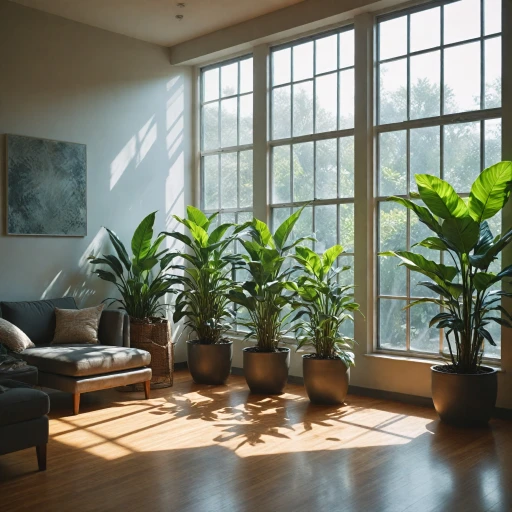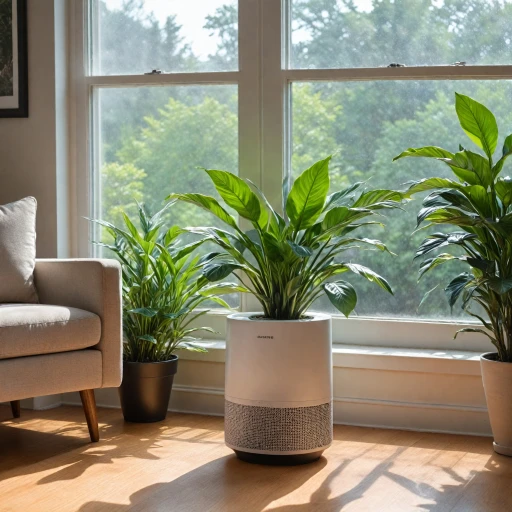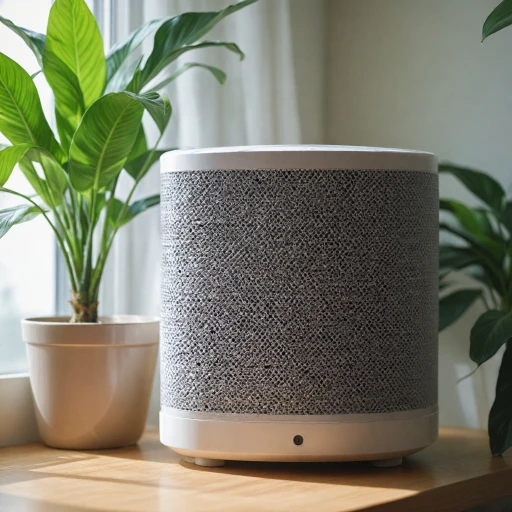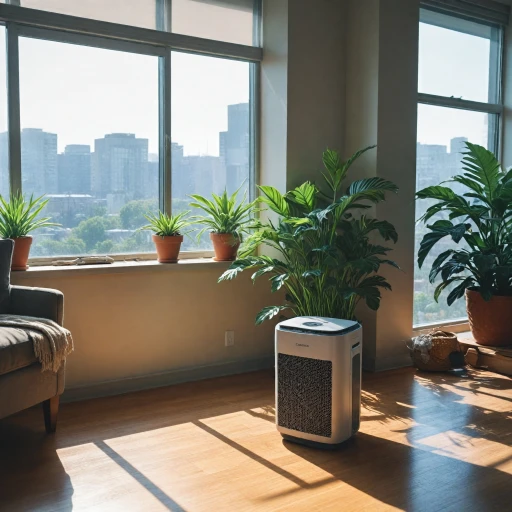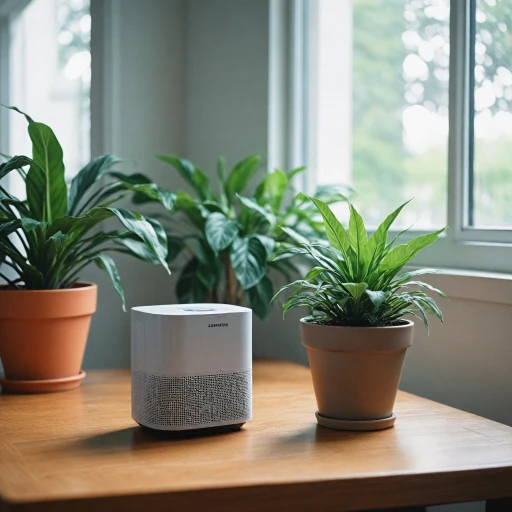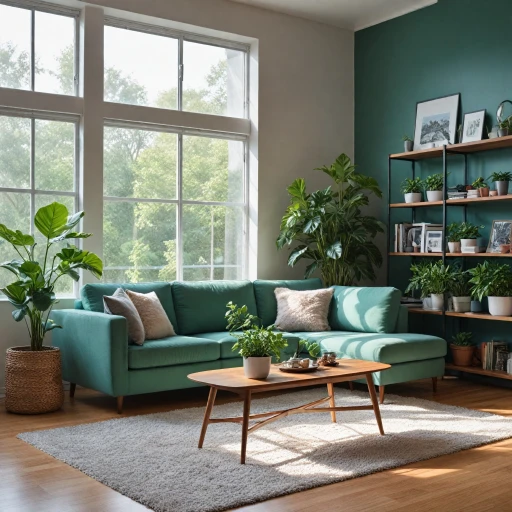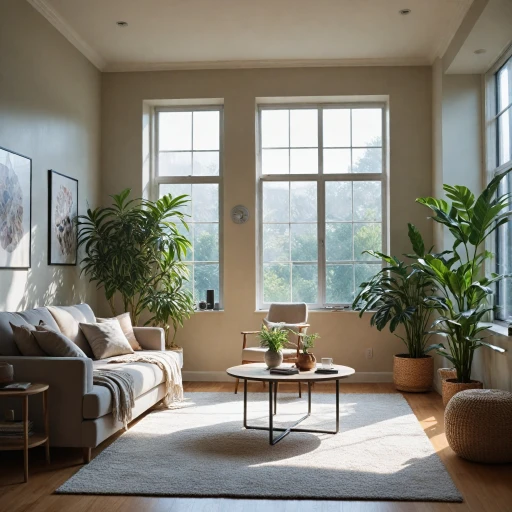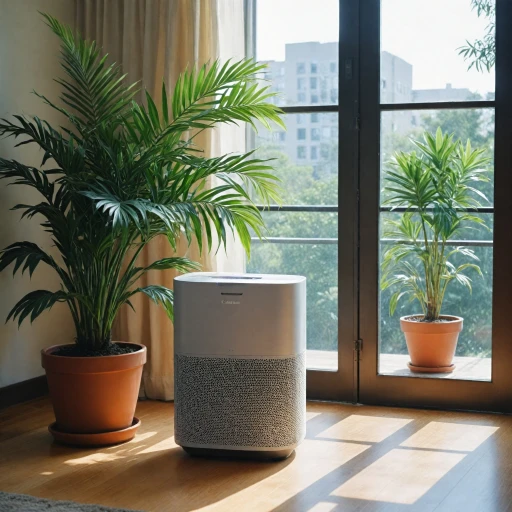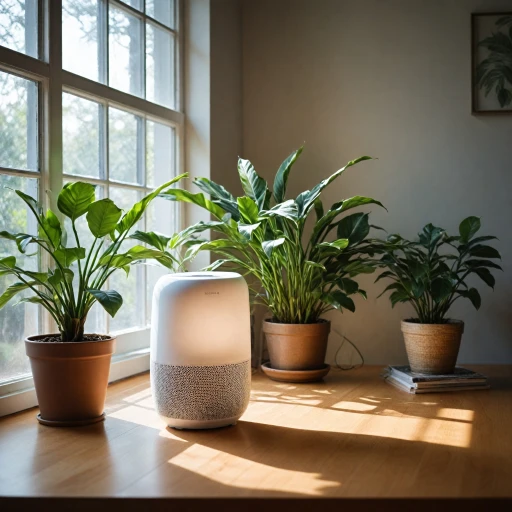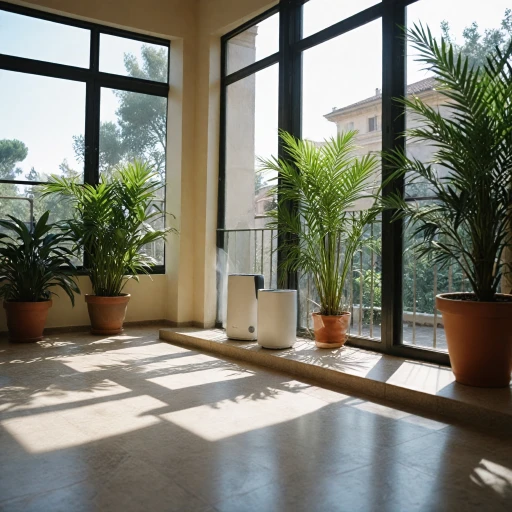
What is a HEPA Filter Cassette?
Discovering the Power of HEPA Filter Cassettes
In the world of air purifiers, you might have come across the term "HEPA filter cassette." But what exactly is it? Essentially, a HEPA filter cassette consists of a high-efficiency particulate air (HEPA) filter encased in a cassette form, making it convenient for use in various filtration systems. These cassettes are designed to capture at least 99.97% of particles as small as 0.3 microns, such as dust, pollen, mold spores, and even some bacteria.
The complex structure of these cassettes incorporates pleated filter media, which increases the surface area and allows for greater particle capture without significantly elevating the pressure drop across the filter. This design can vary, ranging from simple pleated forms to more compact units, depending on the specific air purification needs and the system they are catering to.
The HEPA cassette is not just related to air purifiers but forms an essential component in various household and industrial filtration applications, such as vacuum cleaners and HVAC systems. While the price and performance of these products can differ, understanding their core function remains the same: improving air quality by filtering out harmful particles.
These filters come in different dust class ratings, which determine their capability to handle different types of dust and particulates in varied environments. The choice of filter media also influences the efficiency and longevity of these products. Incorporating pre-filters or activated carbon layers can enhance their performance, making them a versatile choice for improving indoor air quality.
Benefits of Using HEPA Filter Cassettes
Unleashing the Potential of HEPA Filter Cassettes
HEPA (High-Efficiency Particulate Air) filter cassettes are a crucial component in air purification, known for their remarkable ability to trap tiny airborne particles such as dust, pollen, and smoke. Utilizing a pleated filter media, these cassettes can capture particles as small as 0.3 microns with an efficiency of up to 99.97%, making them an indispensable element in improving air quality. There are numerous benefits to incorporating HEPA filter cassettes into air purifiers:- Enhanced Air Quality: Thanks to their high performance, HEPA filters significantly reduce allergens and contaminants in your home, contributing to a healthier living environment for allergy sufferers and those with respiratory issues.
- Versatility: HEPA filter cassettes are compatible with various purification systems, including vacuum cleaners, HVAC units, and standalone air purifiers, offering a range of solutions to meet different needs.
- Durability and Cost-Effectiveness: These filters are designed to be long-lasting, thereby reducing the frequency of replacements. Although the initial price might be higher compared to standard bag filters, the overall cost-effectiveness is evident over time due to their durability and high filtration efficiency.
- Class and Quality: HEPA cassettes are often associated with high dust class ratings, indicating superior capability to manage different particle sizes and types, thus ensuring top-notch air filtration and cleaner indoor air.
How to Choose the Right HEPA Filter Cassette
Finding the Ideal HEPA Filter Cassette for Your System
When it comes to air purification, selecting the right HEPA filter cassette is crucial for optimal performance. Various factors should be considered to ensure efficiency and compatibility with your air purifier system. Here are some key aspects to keep in mind:
- Compatibility with the Air Purifier Unit: Ensure that the filter cassette you choose is compatible with your specific air purifier model. Manufacturers often design filters to fit specific units, so checking the model specifications is essential.
- Dust Class and Filtration Efficiency: Different HEPA filters are rated based on their ability to capture particles, from common dust to microscopic particles. Choose a filter with an appropriate dust class rating for your needs, balancing efficiency and cost.
- Filter Media Quality: The type of filter media used in the cassette significantly impacts its performance. Pleated filters often provide higher surface area and efficiency, while deep pleat options offer durability and longer service life.
- Additional Features: Some HEPA filters come equipped with additional features like activated carbon layers or pre-filters, which add layers of purification by removing odors or large particles, enhancing the performance of the HEPA filter.
- Price and Replacement Frequency: Although high-performance filters might be costlier, they typically last longer and maintain performance over time. Consider the long-term cost of filter replacements when evaluating price.
- Pressure and Airflow Considerations: The filter’s design should not excessively hinder airflow, which can lead to increased pressure drop and reduce the overall efficiency of the air purification system.
Selecting the appropriate HEPA cassette filter ensures that your air purification system operates efficiently, providing clean air that's essential for a healthier living environment. Attention to these aspects can make a significant difference in air quality management.
Maintenance Tips for HEPA Filter Cassettes
Preserving Peak Performance: Maintenance Tips for Your HEPA Filters
Proper maintenance is essential to ensuring your HEPA filter cassettes operate at their maximum efficiency. Regular upkeep not only extends the life of your air purification system but also maintains its ability to effectively capture airborne particles. Here are some practical tips to keep your HEPA filters in top-notch condition:- Regular Inspection: Check your air filter system frequently for any visible dust or dirt accumulation. This helps determine when a replacement or cleaning is necessary. By keeping an eye on the filter media, you can prevent any blockage in the pleated sections that could decrease the unit's performance.
- Replace When Needed: HEPA filter cassettes do not last forever. Depending on the product's specific type and usage conditions, replacement schedules can vary. However, it's generally advisable to replace your filter cassette every 12 to 18 months to maintain high performance. Follow the manufacturer's guidelines for the best results.
- Pressure Monitoring: Utilize the built-in pressure gauge, if available, to monitor the filter's condition. Increasing pressure within the system signifies that the filter may be getting clogged with dust and requires checking or replacing.
- Cleaning and Pre-filter Care: If your system includes a pre-filter, clean it regularly. A well-maintained pre-filter can extend the lifespan of your main HEPA filter by capturing larger particles like dust and bag debris before they reach the primary filter media.
- Compatibility Check: When purchasing replacement cassettes, ensure they are compatible with your specific air purifier model. Using the wrong filter class or type could compromise the system's effectiveness and result in higher operational costs.
- Environment Consideration: Environmental factors such as pet hair, smoke, or high dust areas may require more frequent maintenance. Adjust your maintenance schedule based on these variables to maintain your filter's efficiency.
Common Challenges with HEPA Filter Cassettes
Common Issues in HEPA Filter Usage
When working with HEPA filter cassettes, several challenges may arise, impacting both the efficiency and longevity of the air purification system.- Pressure Drop: Over time, as the filter media captures dust and other particles, a pressure drop can occur. This means your air purifier needs to work harder to push air through the clogged filter, reducing its efficiency and increasing energy consumption.
- Proper Fit: Another challenge is ensuring the filter cassette fits properly within your air purifier system. An improper fit can lead to unfiltered air bypassing the filter, reducing the overall efficacy of your unit.
- Frequency of Replacement: Determining when to replace a HEPA filter can be tricky. While high performance filters are designed to last, usage conditions such as dust levels and environmental factors can require more frequent changes to maintain optimal air quality.
- Cost: The price of HEPA filters, particularly those of higher dust class or pleated design, may be higher than other types. Balancing the initial investment with long-term performance is essential.
- Complexity of Installation: Some filter cassettes, particularly those in vacuum cleaners or HVAC systems, can be complex to install or replace. Improper installation could lead to inefficiencies or even damage to the air purification system.

